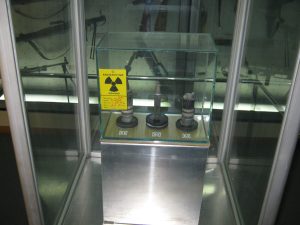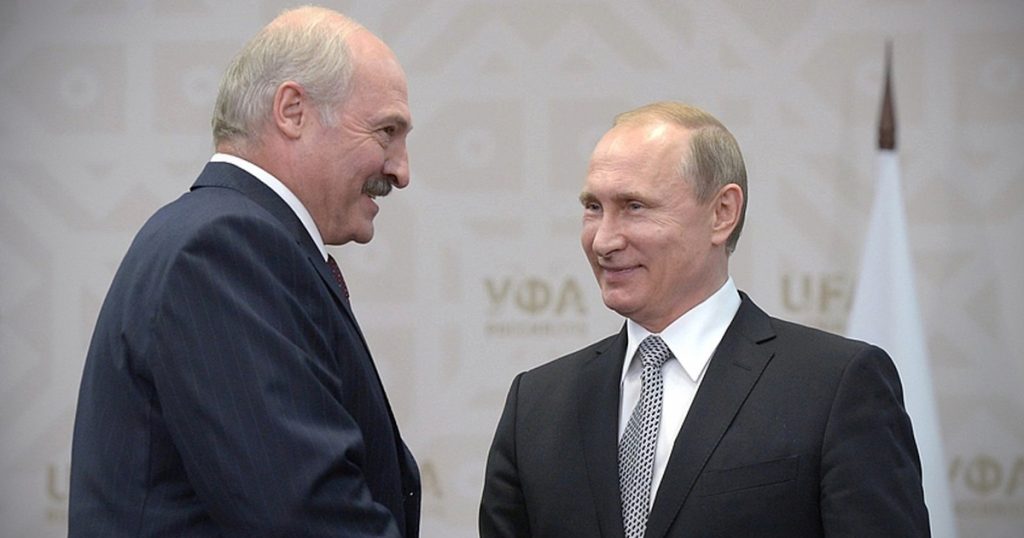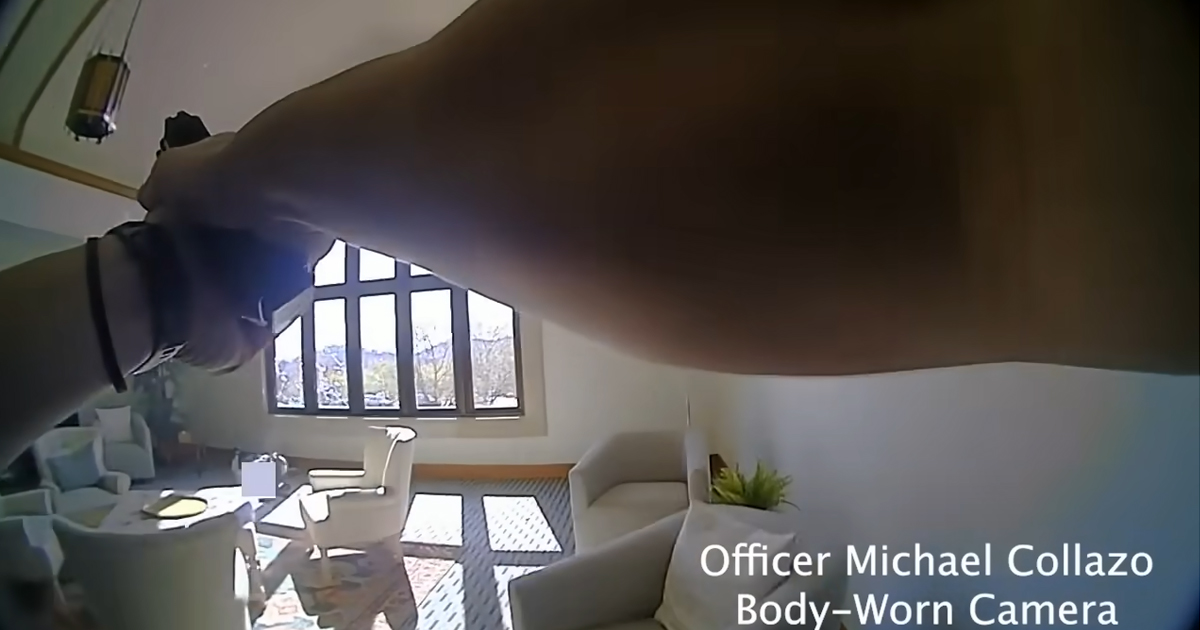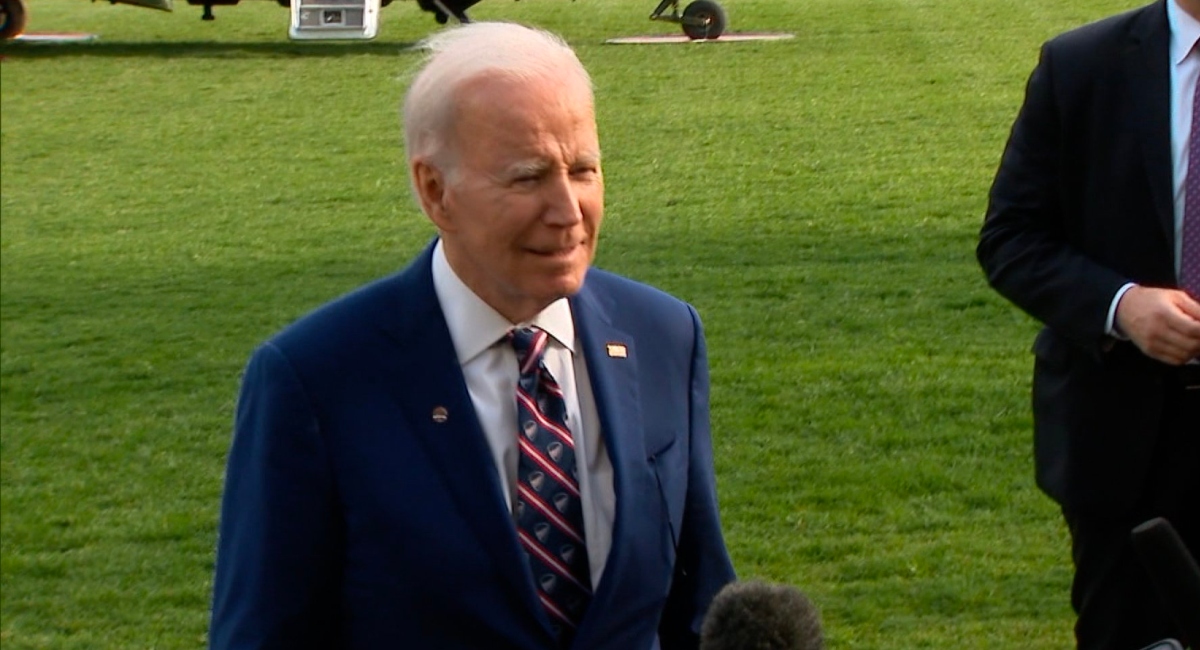Russian President Vladimir Putin announced Russia will station tactical nuclear weapons in Belarus, its neighbor to the west, only days after news broke that the United Kingdom committed to sending Ukraine armor-piercing rounds containing depleted uranium.
Belarussian President Alexander Lukashenko and Russian President Vladimir Putin announced an agreement to station nuclear weapons in Belarus on Saturday, reported Reuters, following a long standing request from Lukashenko.
Putin insisted there was “nothing unusual” about the move, and noted “the United States has been doing this for decades. They have long deployed their tactical nuclear weapons on the territory of their allied countries.”
“We agreed that we will do the same – without violating our obligations,” said Putin, “I emphasize, without violating our international obligations on the nonproliferation of nuclear weapons.”

The Russian president intends to have nuclear storage facilities operational by July 1. Reuters reports that Putin noted, specifically, that Russia would retain operational control over the weapons.
Putin’s decision to station nuclear weapons closer to Europe comes only days after it was reported that armor-piercing tank rounds containing depleted uranium would be delivered to Ukraine by the British government last Monday.
Quoting a nuclear expert, PBS reported that “Depleted uranium is a byproduct of the uranium enrichment process needed to create nuclear weapons. The rounds retain some radioactive properties, but they can’t generate a nuclear reaction like a nuclear weapon would.”

However, critics of using the ammunition cite a series of studies, one of the most recent published in 2021, which hold that depleted uranium rounds caused increased birth defects and cancer after their use in Iraq by the British government. Researchers involved in those studies have been accused of bias.
In response to Monday’s announcement, Russia specifically warned that it may further escalate the war in Ukraine, though experts dismissed the possible provocation due to the armor-piercing rounds’ purported effectiveness at penetrating Russian tanks, with some pointing toward Ukraine’s rumored shortage of ammunition as a second motivator.
Moscow declared what it still terms a “special military operation” against Ukraine in February of last year, citing forthcoming Ukrainian state violence against ethnic Russian separatists in the disputed Donbass region of the country. Kiev and its allies maintain the invasion was unprovoked and unjust.






